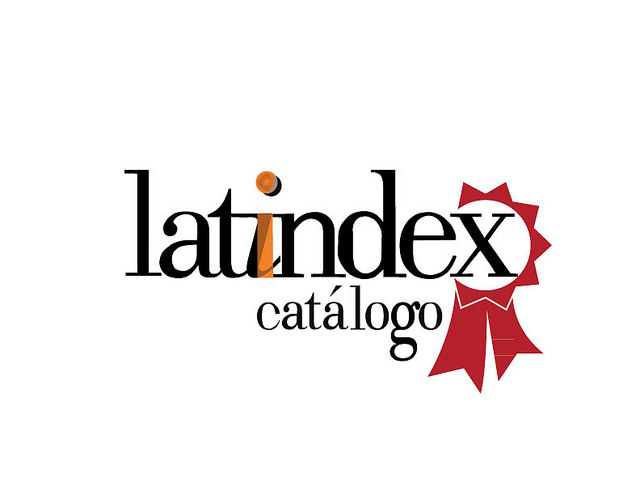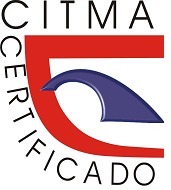Software de apoyo al proceso de generación de proyectos de innovación en empresas con grado significativo de intensidad tecnológica
Keywords:
Software, technological intensity, innovation projectsAbstract
The objective of this research is to develop software to support the process of generating innovation projects in companies with a significant degree of technological intensity, thus contributing to their evaluation and classification. The software is based on a conceptual model and a procedure in which different variables, indicators and indices are related, structured in four phases, eight stages and 20 steps. For its development, the agile XP methodology was followed and tools and languages such as C# were used in its ASP.Net Core framework for the web server and Vue as the JS framework for the client, PostgreSQL as the database management system and Visual Studio Code. as a development IDE. The practical case study was the Matanzas Research, Projects and Engineering Company. The main results obtained are the determination of the referential theoretical framework for the evaluation, classification and improvement of the degree of technological intensity in companies and the development of software to support the process. The software allowed the evaluation, classification and improvement of the degree of technological intensity in the company, so it has the necessary flexibility and generality to extend its use to other companies, it was also possible to appreciate that it contributes to the generation of innovation projects.
References
Ahn, J. M., Roijakkers, N., Fini, R., & Montara, L. (2019). Leveraging Open Innovation to improve society: Past achievements and future trajectories. R&D Management, 4(3): 267-278.
Alsaqqa, S. S.-N. (2020). Agile Software Development: Methodologies and Trends. International Journal of Interactive Mobile Technologies (iJIM), pp. 46-270. https://doi.org/10.3991/ijim.v14i11.13269.
Blume, T. (2020). New Taxonomy for Corporate Open Innovation Initiatives: Best Practices and an Empirical Validation among Germany’s 500 Biggest Companies. Wiesbaden, Germany: Springer Glaber.
Chesbrough, H. (2017). The Future of Open Innovation. Research Technology Management, 60(1): 35-38.
De León García, D., Jiménez Valero, B., Pérez Barral, O., García Domé, A. V., & Estopiñan Lantigua, M. (2021). Empresas de Grado Significativo de Intensidad Tecnológica en Cuba. Ingeniería Industrial, pp. 1-11.
De León, D. G., Suárez, J. H., Jiménez, B. V., & García, A. D. (2022). Determinación del grado de intensidad tecnológica en la Empresa de Investigaciones, Proyectos e Ingeniería de Matanzas. Revista Universidad, pp. 99-108.
Geibler, J., Piwowar, J., & Greven, A. (2019). The SDGCheck: Guiding Open Innovation towards Sustainable Development Goals. Technology Innovation Management Review, 9(3): 20-37.
Guerra Pérez, M., & Fernández, N. H. (2018). Guías para la Gestión de Proyectos: ISO 21500 Y PMBOK®, un análisis comparativo para su integración en sistemas de gestión empresarial. Obtenido de Congreso Internacional de Información INFO´2018: http://www.congresoinfo.cu/index.php/info/info2018/paper/viewFile/931/601
Román, A. (2022). Software de apoyo al proceso de generación de proyectos de innovación en empresas con grado significativo de intensidad tecnológica. Matanzas, Cuba.
Román, A. F. (2022). Software de apoyo al proceso de generación de proyectos de innovación en empresas con grado significativo de intensidad tecnológica. Tesis de grado.
Universidad de Matanzas. Matanzas, Cuba.
Published
How to Cite
Issue
Section
License
Copyright (c) 2023 Mayli Estopiñan Lantigua, Alejandro, Dariel, Liana, Telot

This work is licensed under a Creative Commons Attribution-NonCommercial 4.0 International License.













